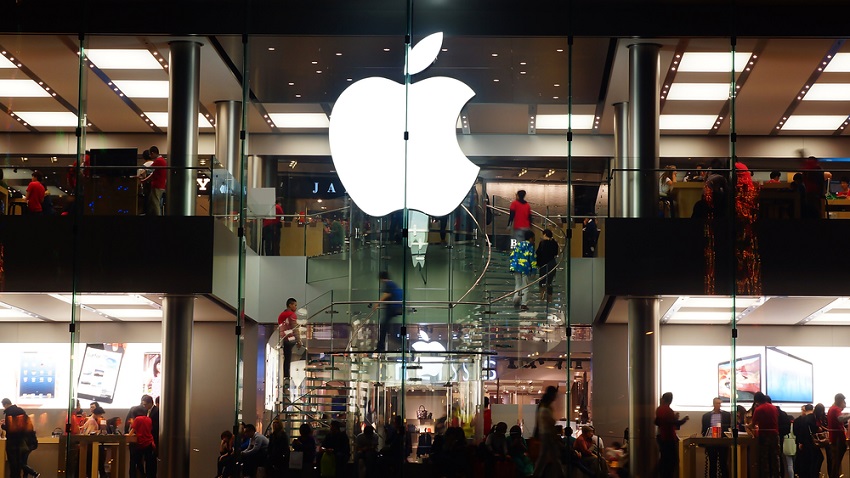Apple’s earnings report last week underscored Apple’s uncanny and arguably unrivaled ability to make money hand over fist in any type of sales climate. Despite a noticeable drop in iPhone-based revenue for the quarter, Apple still managed to deliver an impressive $64 billion in revenue and earnings of $3.03 per share.
A big reason behind Apple’s monster September quarter can be traced back to the company’s burgeoning range of services. Tim Cook has been boasting about the rapid growth of Apple services for years now, and true to form, the cold hard data is hard to ignore. During the last quarter, for example, Apple’s range of services generated $12.5 billion in revenue. As a point of contrast, Apple’s services during the same quarter last year generated $9.9 billion in revenue.
Speaking on Apple’s growing services business, Tim Cook during the company’s earnings conference call last week said the following:
For Services, revenue was $12.5 billion, that’s up 18% over last year and it beats the previous record set in the June quarter by more than $1 billion. This isn’t a local phenomenon. We saw double-digit services revenue growth and all time records in all five of our geographic segments. And it wasn’t a narrow success either. We established new all-time highs for multiple services categories including the App Store, AppleCare, Music, cloud services and our App Store search ad business. We are well on our way to accomplishing our goal of doubling our fiscal year ’16 Services revenue during 2020.
All that said, one hurdle that might prevent Apple from realizing its full earnings potential with respect to services revenue involves China. As detailed in a recent Bloomberg report, a good number of services simply aren’t available in China due to various laws, including recently launched initiatives such as
While standard iPhone services like iMessage work in China, many paid offerings that help Apple generate recurring revenue from its devices aren’t available in the country. That includes four new services that Apple announced this year: TV+ video streaming, the Apple Card, Apple Arcade and the News+ subscription. Other well-known Apple services can’t be accessed in the country either, including the iTunes Store, iTunes Movie rentals, Apple Books and the
Apple TV and Apple News apps.
China is undeniably a huge market for Apple, though services revenue from China is said to hover around 10%. Still, with Apple always on the lookout for ways to boost revenue, the current blockade of some of the company’s services does pose something of a challenge.
At the same time, it’s no secret that Apple is always aiming to stay on China’s good side, as evidenced by Apple’s decision last month to remove a police-tracking app used by protesters in Hong Kong.








